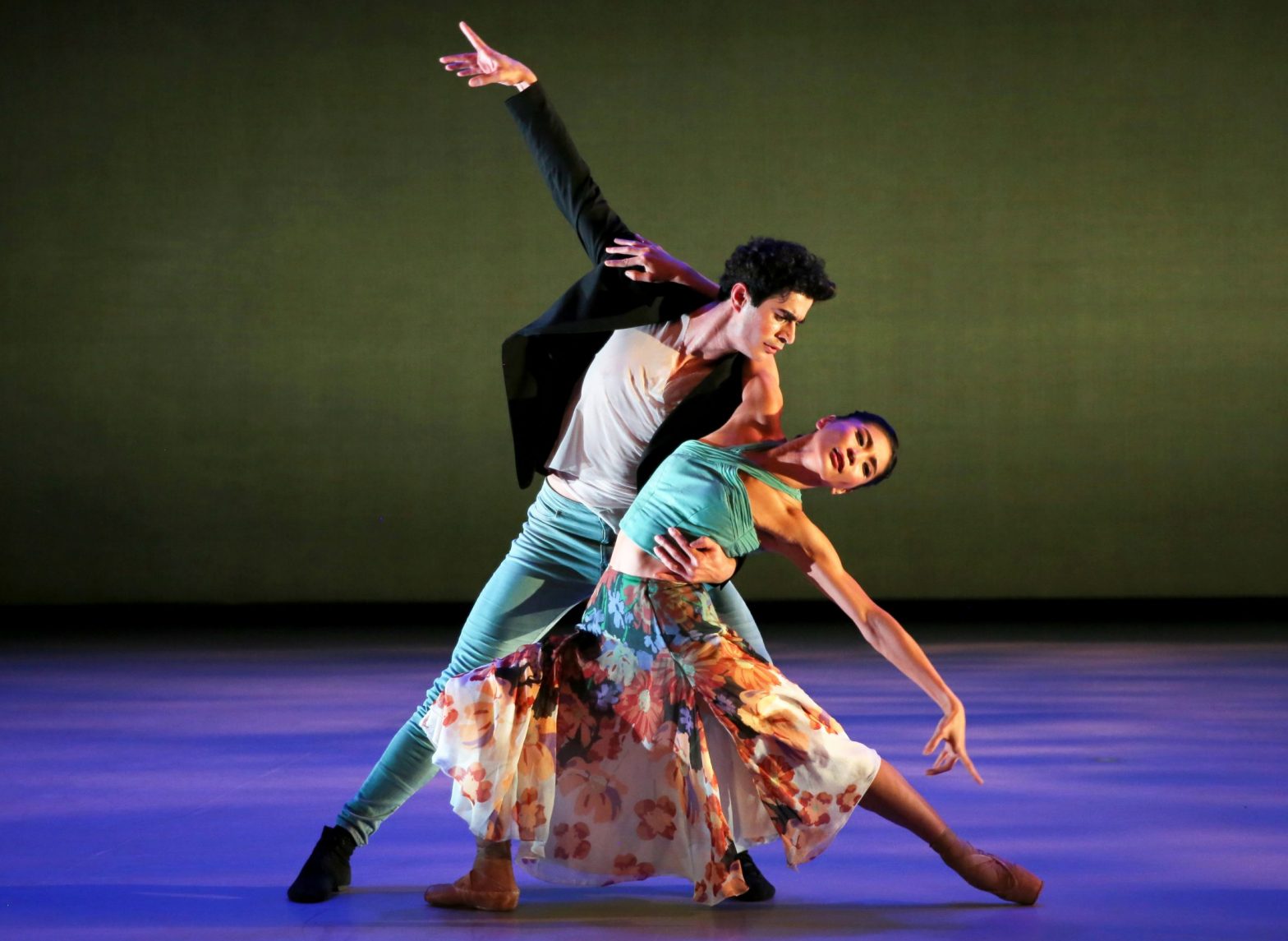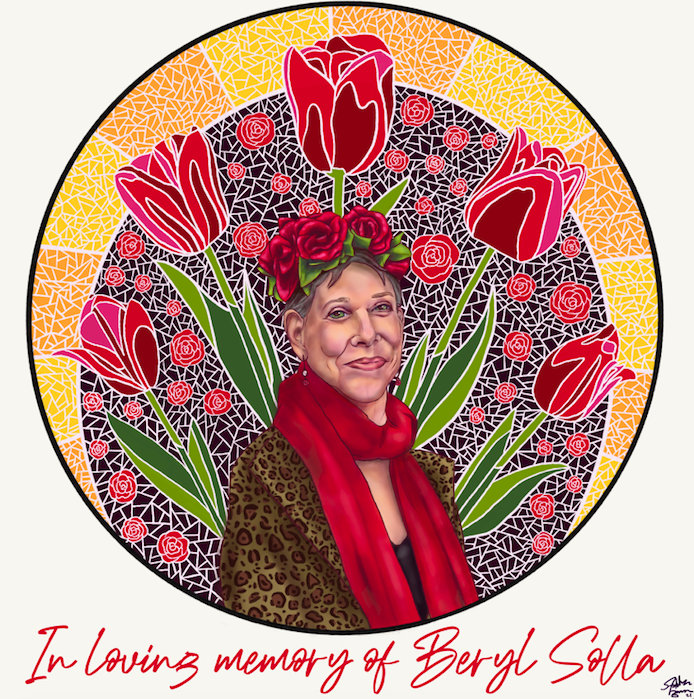When the pandemic struck, “it was like somebody just snatched a chair from under us,” says Jeanetha Brown-Douglas, owner of JBD Event Catering & Soul Food. “It was like having a business one day, and having no business the next day.”
Inspired by her grandmother, Brown-Douglas first got into the food industry nearly 30 years ago, when she began working with UVA Dining. She later opened up a fried chicken stand in front of the Sunshine Mini Mart on Cherry Avenue, and it was a hit.
This led her to sign up for business classes at Piedmont Virginia Community College and for a program at the Community Investment Collaborative, which helped her to launch her own catering business.
“We did a lot of catered events and had a lot of contracts with various places in Charlottesville,” such as the University of Virginia, she says. “We got our name out there…and got really known.”
In 2018, Brown-Douglas was finally able to open her own eatery in Belmont, where customers no longer had to wait for a catered event to enjoy her home-cooked meals. But when COVID rendered large events impossible and forced everyone to stay inside, the shop went quiet.
The pandemic has hammered the economy, and local Black business owners like Brown-Douglas have felt the effects. Not only have many struggled to receive government assistance, but “being a Black-owned business is a challenge in itself,” she says.
Thankfully, some relief has arrived. JBD Catering is one of six minority-owned businesses in the Charlottesville area to receive a $3,000 fully forgivable loan from the Virginia 30 Day Fund’s new partnership with the United Way of Greater Charlottesville. These loans are being dispensed after previous government initiatives to keep small businesses afloat have failed—this is the first financial assistance JBD has received.
While the loans don’t have to be repaid, awardees are encouraged to “pay it forward,” and donate money to the fund when they’re back on their feet. That money will be distributed to another struggling small business in Virginia, according to entrepreneur Pete Snyder, who co-founded the Charlottesville-based fund with his wife.
After learning he’d been awarded a loan, Lawrence Johnson, owner of Larry’s Barber Shop, breathed a huge sigh of relief. He hadn’t received unemployment benefits, or any other sort of financial relief since shuttering his shop. Instead, he had to use money from his savings to cover his expenses.
Since reopening during the second week of June, business has been “slow but steady,” says Johnson. “Some people are still afraid to come out, [especially] the older customers.”
Johnson has owned his business, now located on Goodman Street, for the past 10 years.
He plans to use the $3,000 to pay his bills, and purchase additional sanitation supplies. He’d also like to do more advertising, and hopefully bring in new customers.
“I am very thankful for this opportunity,” he says.
Brown-Douglas has also had trouble keeping things going over the past few months. All of her catering gigs were canceled as soon as the pandemic hit, and because her eatery planned on moving, it was difficult to remain open for takeout.
“We had to literally shut down and start from scratch,” she says. “But I’m glad for that time, because it gave us a chance to really think about what direction we were going to take our business in.”
To help keep the lights on, Brown-Douglas and her daughter, Dejua, who helps run JBD, provided dinners to guests at a Salvation Army shelter, which were paid for by St. Paul’s Episcopal Church.
Meanwhile, she applied for a range of grants, but did not have any luck until she received a phone call from Snyder last week.
“It’s been a really trying time for us,” says Brown-Douglas. “A lot of times, they don’t turn you down. They just say they’re out of money, or they’ve had so many applications they had to cut it off at a certain point. With the amount of people, It’s just like playing the lottery.”
“It really can break your spirit,” she adds. “[So] it was just a blessing to have that phone call, and actually feel like somebody cares.”
She plans to use the loan to “expand our inventory and safety equipment,” which she will need to reopen this month at her new location on Second Street, for both dine-in and takeout.
When it becomes safe to do so, Brown-Douglas will also open up the space for events, such as parties and meetings, which will include on-site catering.
“We do have the ability to do outside seating, and we also have a lot of space [inside] to spread our customers out, so they’ll be comfortable and safe at the same time,” she says.
Through its partnership with the United Way, the Virginia 30 Day Fund plans to distribute at least $76,000 more in forgivable loans to minority-owned businesses and early education centers in Charlottesville and Albemarle.












